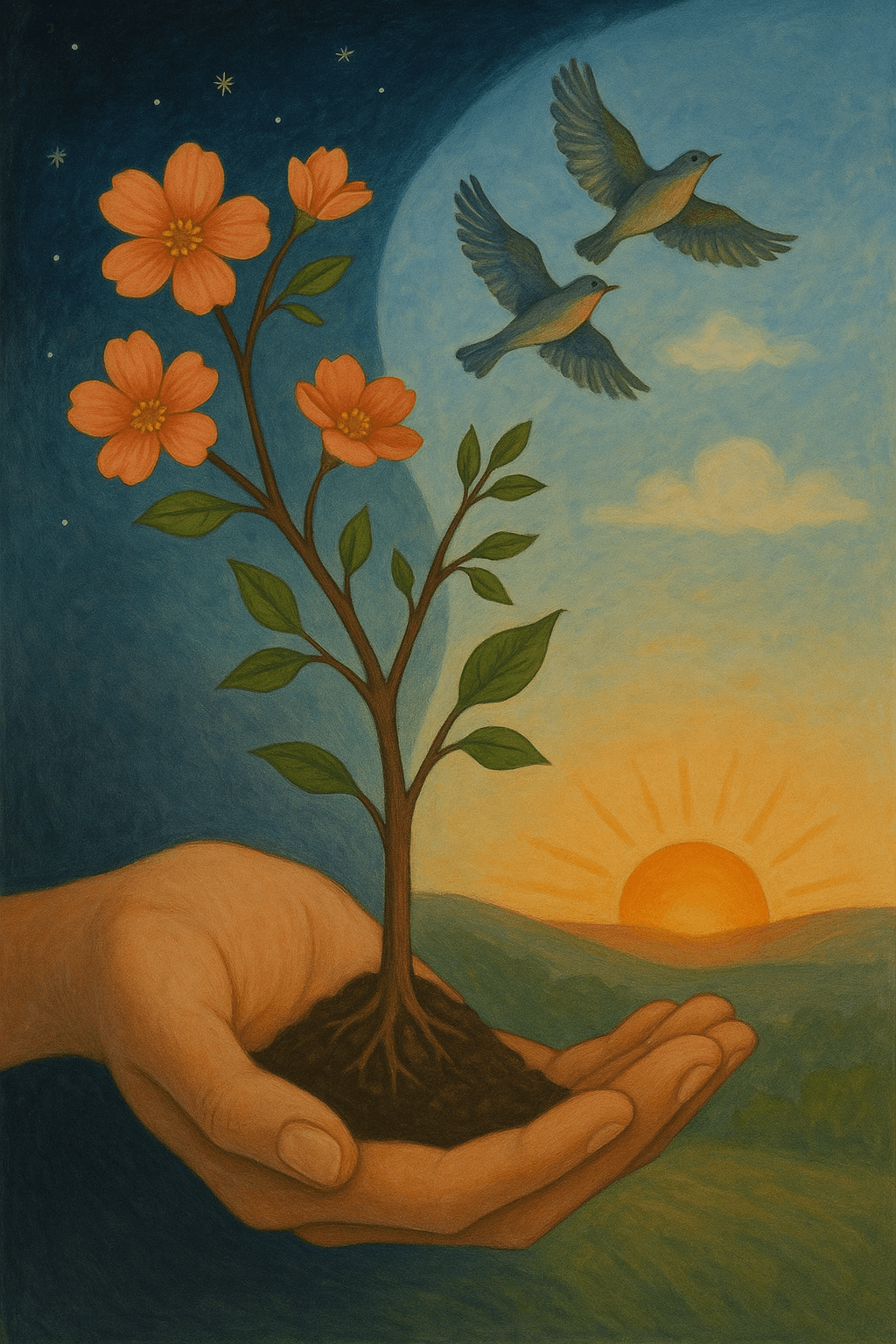The Unseen Power Behind Nurturing Hands
Created at: May 8, 2025

The hand that rocks the cradle rules the future. — William Ross Wallace
Maternal Influence as Social Foundation
William Ross Wallace’s famous adage underscores the foundational role of caretakers—especially mothers—in shaping society’s destiny. By claiming that the 'hand that rocks the cradle rules the future,' Wallace elevates the status of early childhood care from a private task to a world-changing endeavor. Indeed, this perspective aligns with countless studies in developmental psychology, which reaffirm that children’s earliest environments form the bedrock of their character and values.
The Ripple Effect of Early Education
Extending this notion, the values instilled at home often ripple outward, influencing the wider civilization. When caretakers foster empathy, curiosity, and resilience, these traits disseminate as children become adults. For instance, Maria Montessori’s educational philosophy, developed in the early 20th century, argued that the nurturing guidance of early educators can foster independent and creative thinkers who later innovate within society.
Historical Perspectives on Parental Authority
Throughout history, societies have recognized the shaping force of parents and ancestors. Ancient philosophers like Confucius placed filial piety and respect for the maternal role at the heart of a harmonious society. Similarly, in Plato’s *Republic*, guardians are responsible for nurturing future leaders, reflecting Wallace’s belief in the power wielded by those who care for the young.
Modern Science Affirms Early Guidance
Modern neuroscience further substantiates Wallace’s insight. Research on brain development, such as the findings by Harvard’s Center on the Developing Child (2016), reveals that supportive and responsive caregiving during the earliest years fosters lifelong cognitive and emotional health. The trajectory set by the caregiver’s 'hand' literally maps the pathways for future success or adversity.
Empowering Caregivers for Social Progress
Consequently, Wallace’s quote invites societies to honor and support caregivers, recognizing their influence as pivotal to collective progress. By investing resources and respect in those who nurture the young, communities lay a more resilient groundwork for generations to come. Thus, the cradle becomes not just a symbol of infancy, but a cradle for hope, transformation, and the future itself.